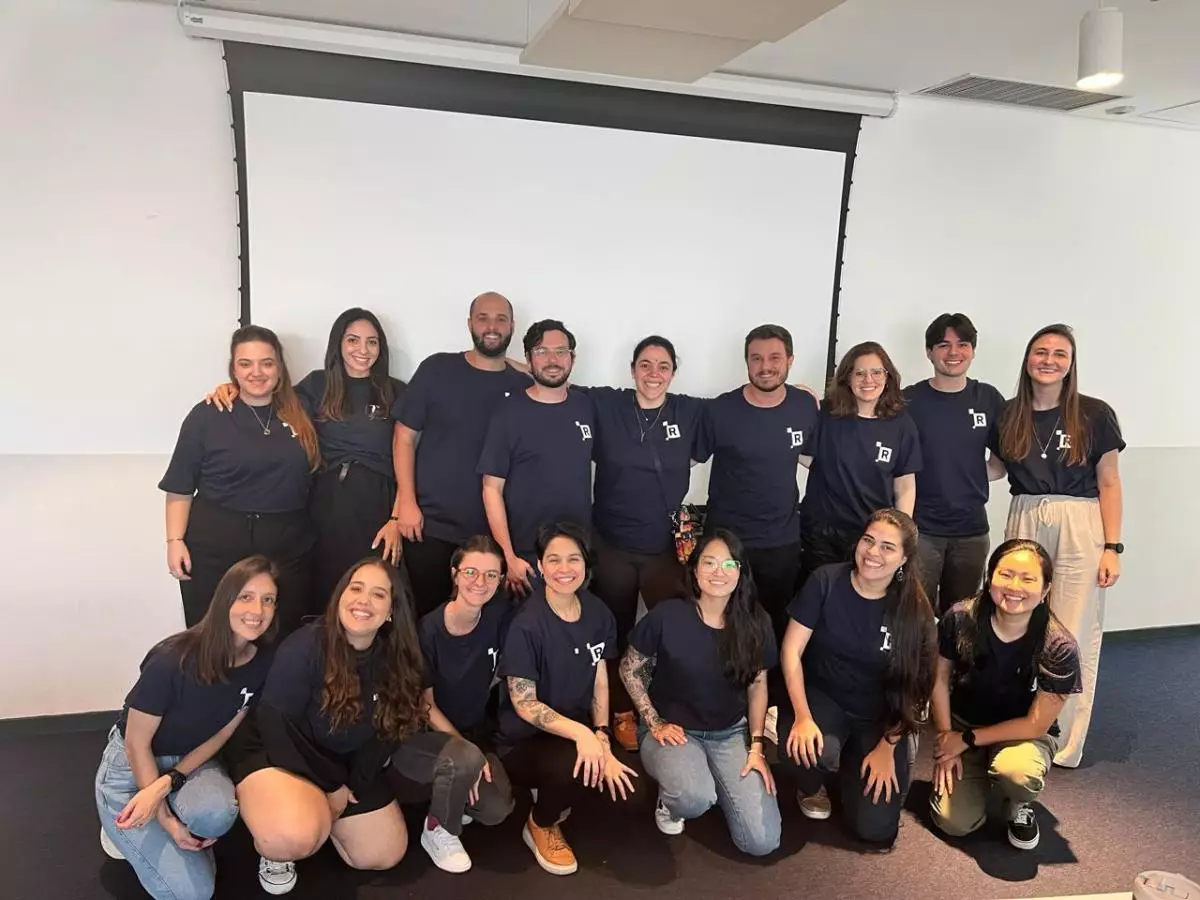In a landscape where traditional workplace dynamics are rapidly shifting, the tech industry is undergoing a seismic change in its approach to talent acquisition. As many firms prompt their employees to return to the office, a surprising trend is emerging: a surge in demand for developer talent located in Latin America. Companies like Revelo, which connects vetted developers with American businesses, are witnessing a remarkable increase in inquiries for engineers capable of optimizing large language models (LLMs). Co-founder and CEO Lucas Mendes emphasizes that this demand is not a temporary spike; rather, it represents a new phase in the AI revolution focused on enhancing the capabilities of LLMs post-training.
Mendes identifies a “race for data,” specifically expert human data, that can fine-tune LLM performance in highly specialized tasks like coding. What we are witnessing here is a paradigm where human expertise is becoming indispensable in the machine-learning landscape. Notably, Revelo has reported that LLM-related hires constituted 22% of their revenue in 2024, a significant indicator of the increasing reliance on skilled developers in this niche. The focus lies on attracting experts proficient in specific programming languages to address the gaps in the post-training processes that current AI models require.
Bridging the Gap: Nearshoring vs. Offshoring
The narrative surrounding the recruitment of talent from Latin America versus other regions often falls into the well-trodden categories of nearshoring and offshoring. Unlike offshoring, which often implies distance and time zone discrepancies, nearshoring provides a competitive edge by retaining geographical closeness. Revelo’s growing success is largely attributed to this positioning. Companies seeking high-quality managers and developers recognize the value of hiring within similar time zones, which eases communication and collaboration.
Mendes humorously encapsulates this sentiment by suggesting that U.S. companies that have initially tried hiring one or two remote engineers have found themselves requesting more once they experience the quality of work and the cost-effectiveness of these hires. This shift indicates a changing mentality towards remote work; it is no longer viewed as a last resort but as a legitimate and efficient staffing strategy.
The Rise of Developer Platforms
Revelo is not an isolated entity in this talent-sourcing revolution. Competing companies such as Terminal, Tecla, and Near are equally invested in bridging the talent gap between the U.S. and Latin America. The appetite for developers in this region is far from fleeting; it represents a broader trend wherein businesses are realizing the untapped potential that exists outside traditional tech hubs. The success of Revelo, which boasts over 400,000 developers on its platform, is supported by robust venture backing, having raised over $48 million since its inception.
The Covid-19 pandemic was a significant catalyst, forcing many organizations to rethink their hiring practices and consider distributed teams. By harnessing talent from Latin America’s diverse pool of developers, companies have broadened their horizons and enhanced the quality of their output without the overheads that accompany hiring in more saturated markets.
The Future: Acquisitions and Expansion
As Revelo continues to gain traction, it has not shied away from aggressive expansion strategies, acquiring five competitors focused on Latin American talent in just over two years. This trajectory speaks volumes about Revelo’s ambitions and confidence in the marketplace. Mendes envisions a future where the demand for Latin American developers only increases as companies look to build a robust talent infrastructure to support their AI endeavors.
Mendes’s vision reveals a rapidly evolving landscape in tech recruitment where flexibility, expertise, and cost efficiency are paramount. His predictions about enduring demand highlight that the base from which Revelo operates is not merely a trend but a sustainable model for future employment in the tech sector. It encapsulates the transformation from local hiring practices to a more global mindset, where talent is recognized and utilized regardless of geographic barriers.
The thriving Latin American tech scene is more than just a response to a temporary need for talent; it represents a significant evolution in how tech companies are harnessing innovation and expertise. As AI continues to redefine industry dynamics, accessibility to skilled programming talent will be crucial in shaping the future of technology. In this race for AI talent, companies like Revelo are not just participants; they are paving the way for a new standard in tech recruitment.

